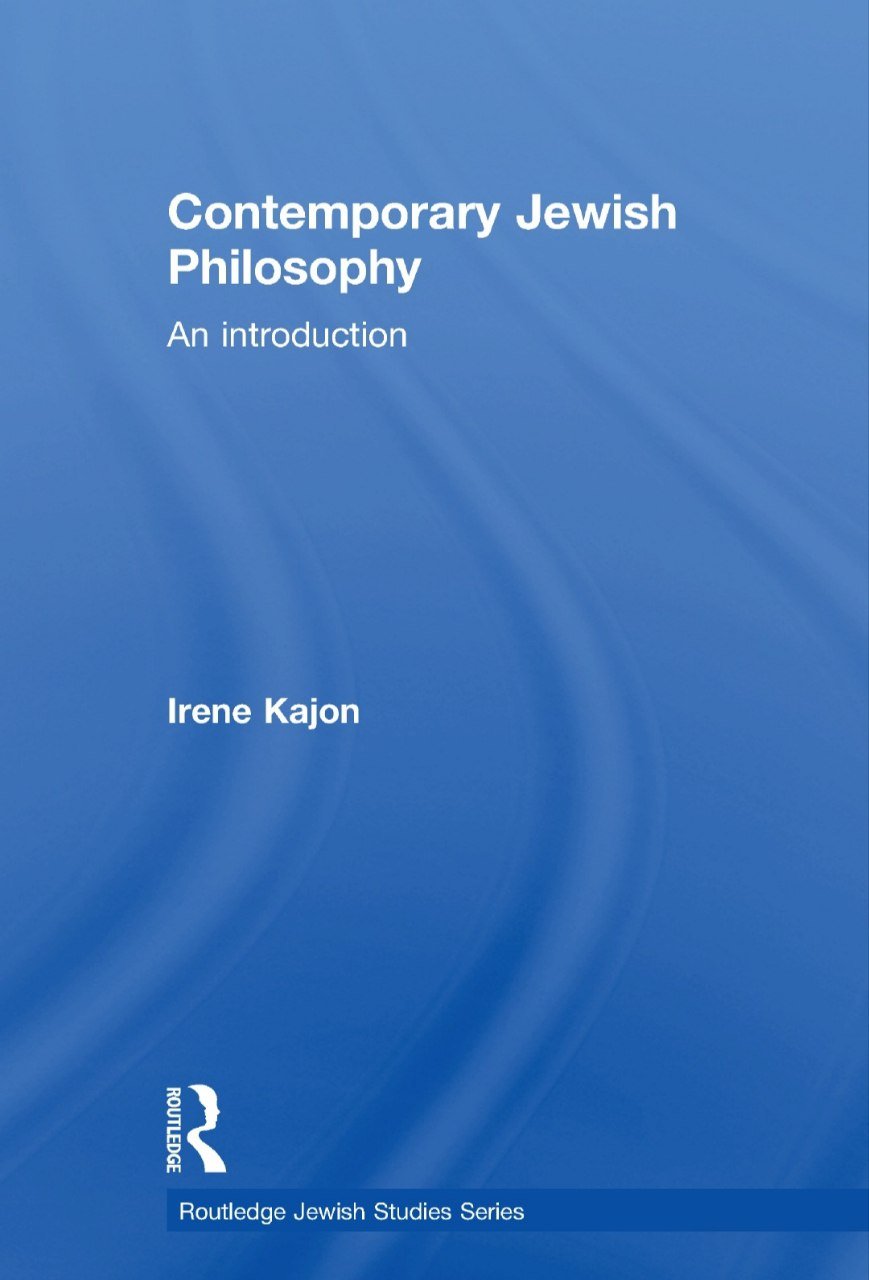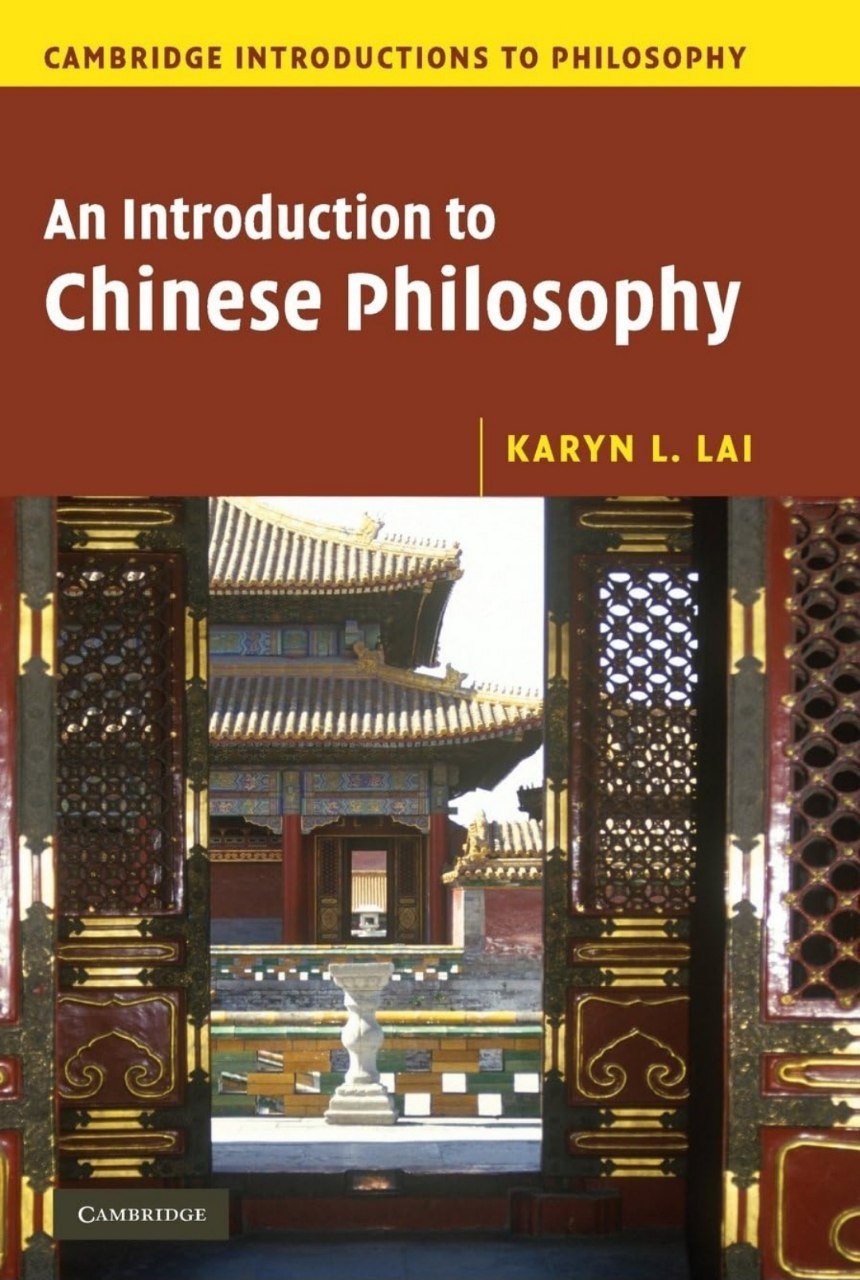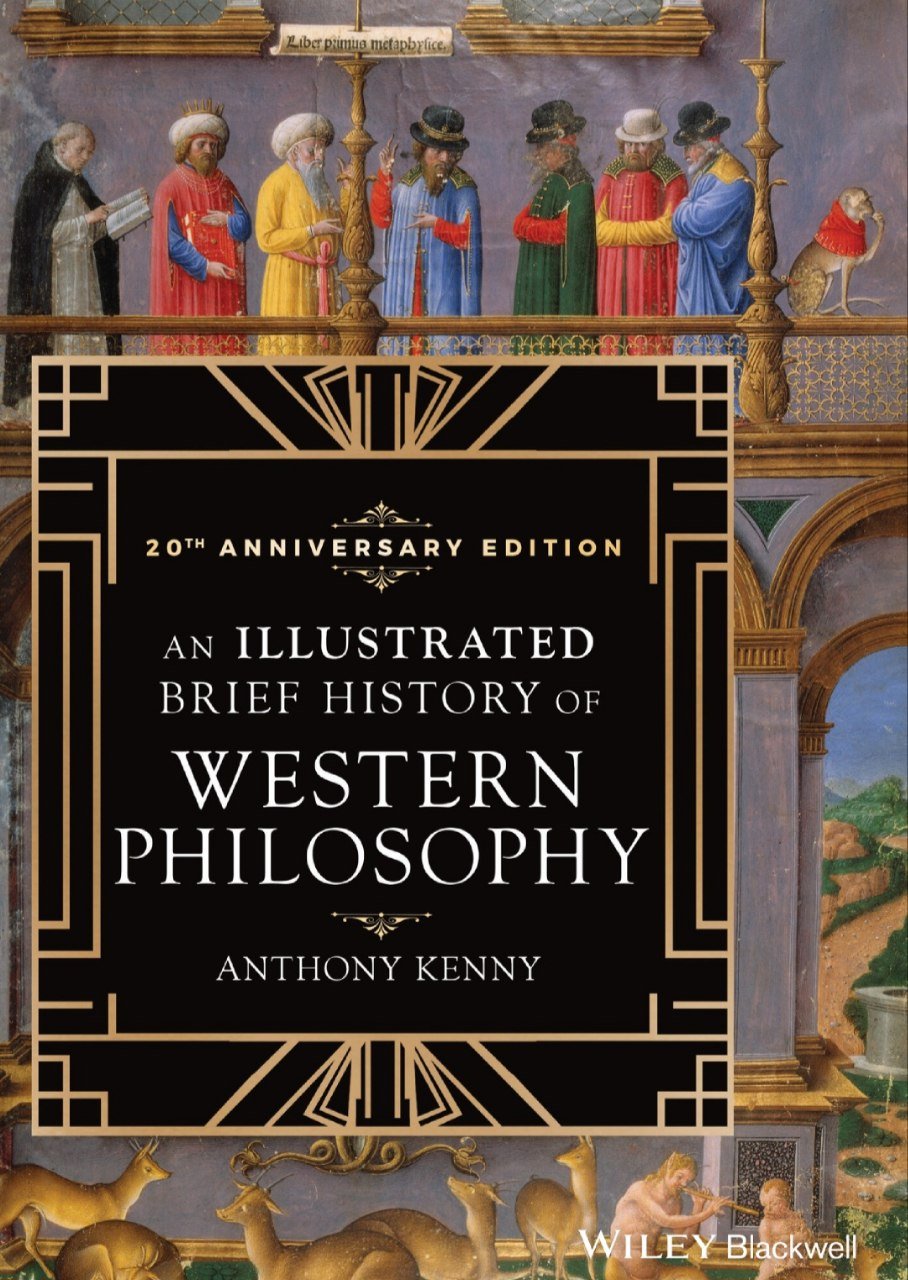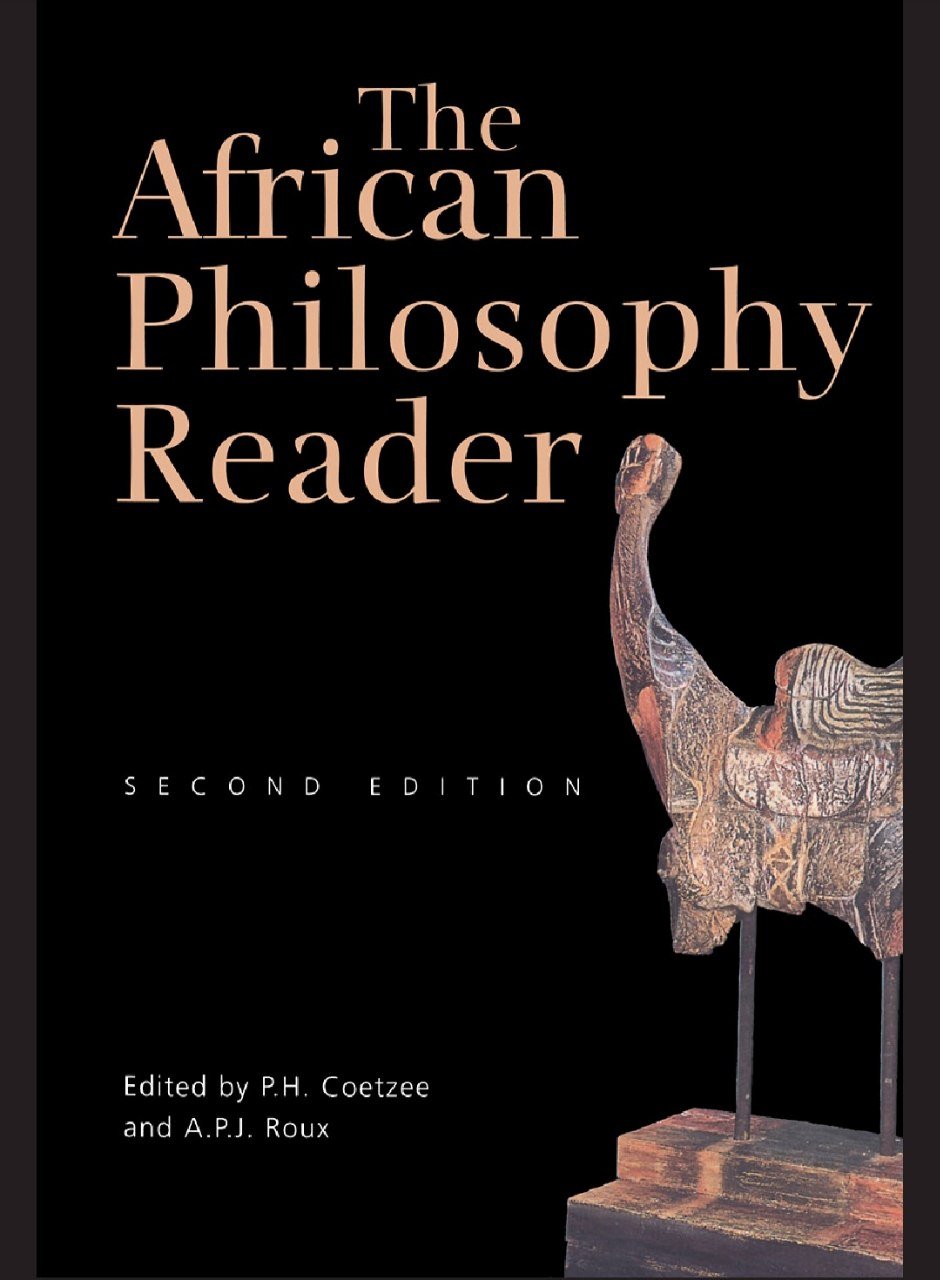

The Consciousness Instinct by Michael S. Gazzaniga
Reviews
No review yet. Be the first to review this book!
Description
"The Consciousness Instinct: Unraveling the Mystery of How the Brain Makes the Mind" by Michael S. Gazzaniga is a fascinating and deeply thought-provoking exploration into one of the most profound questions in science and philosophy: how does the brain generate the conscious experience of being? Gazzaniga, a pioneering neuroscientist known for his groundbreaking work in split-brain research, draws from decades of scientific insight to present a theory that consciousness is not located in a single part of the brain but is an emergent property—a result of complex, layered interactions between different neural systems. He argues against the traditional mechanistic view that the brain functions like a simple computer, instead proposing that consciousness arises in a more dynamic, decentralized, and biological way. In this book, Gazzaniga introduces the idea that consciousness is a kind of instinct—a natural, evolutionary product that has emerged to help us navigate a constantly changing world, much like language or movement. Drawing on philosophy, evolutionary biology, artificial intelligence, and neuroscience, he dismantles older, dualistic views of the mind and instead promotes a model that emphasizes the modular, adaptive, and non-linear architecture of the brain. One of the most compelling parts of his argument is the concept of the "interpreter"—a left-hemisphere mechanism that constructs narratives to make sense of the disparate signals and systems within the brain, ultimately giving rise to the unified sense of self. Gazzaniga also critiques reductive materialist approaches to consciousness, suggesting that the mystery of subjective experience cannot be fully grasped by examining neurons alone; rather, it must be understood as a higher-order property of the living brain embedded in the world. Through a lucid and often witty narrative, he challenges readers to rethink long-held assumptions and embrace the complexity of human experience. This book serves not only as a scientific investigation but also as a philosophical meditation on what it means to be aware, to be human, and to seek understanding of our own minds.































.jpeg)

.jpeg)



.jpeg)

.jpg)
.jpg)

.jpg)


















.jpg)

.jpeg)


.jpg)












.jpg)
.jpg)




.png)
.jpg)


.jpeg)

















































